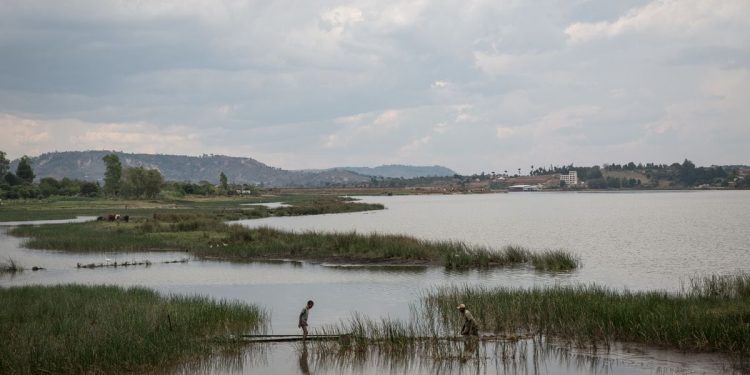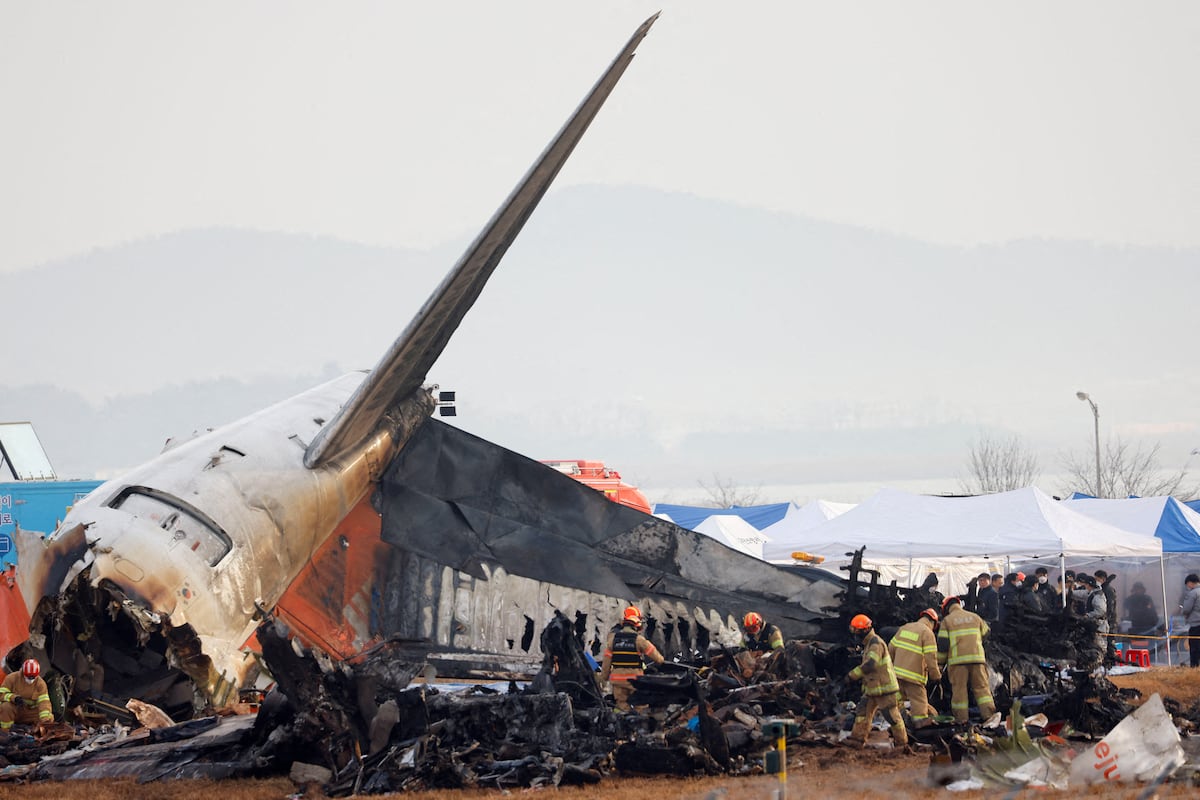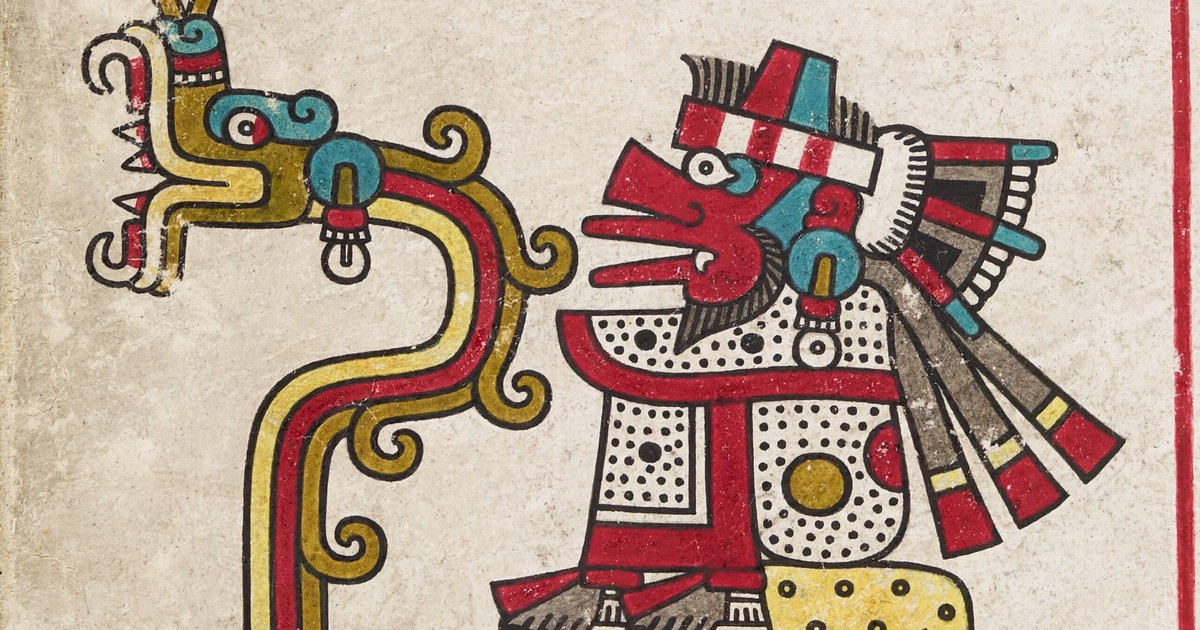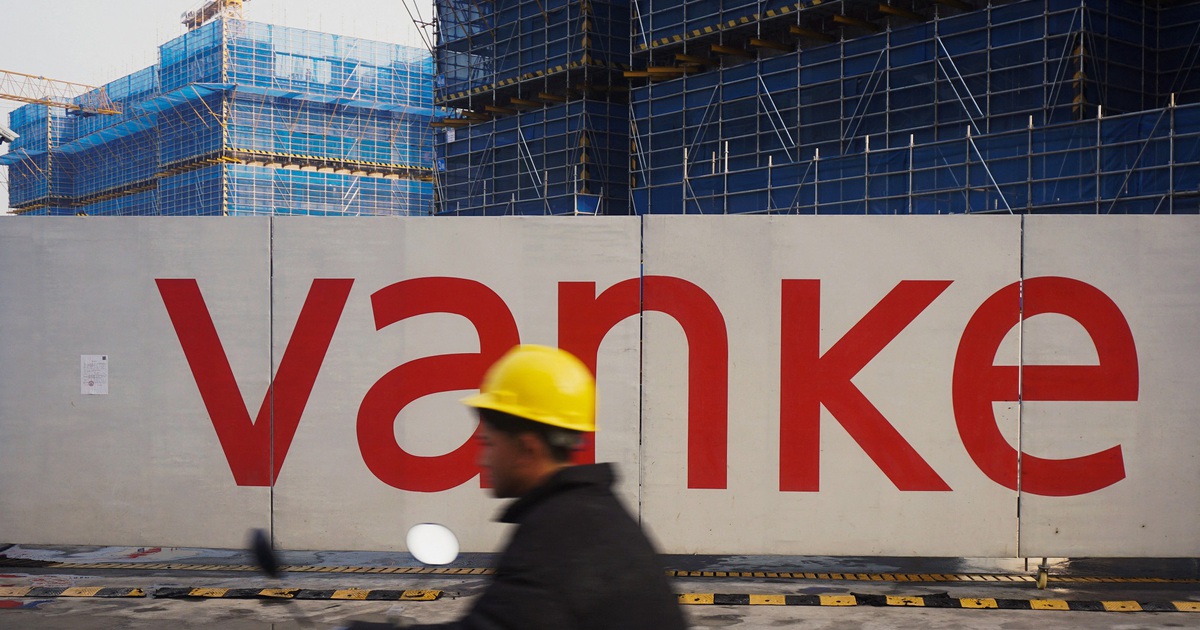Mahmud Hashimi stirs his latte, served in a porcelain cup. Sitting on a pristine Chester sofa in the reception of the exclusive Carlton hotel in Antananarivo, the capital of Madagascar, there is nothing to suggest that this 38-year-old man with a shifty look should not be there. It does not clash with the luxurious surroundings of this five-star, but it is not the atmosphere of it. Hashimi (who does not want to give his real name) cannot pay the 111 euros that he costs for one night because he is barely making ends meet. But even if he had money to spare, they would not allow him to register as a client: he lacks a passport and identity card because he is stateless. He is not listed anywhere as a citizen of any country in the world. And being born without a country is not a minor problem: among other inconveniences, he cannot vote, nor access public services, nor employment contracts, nor open a bank account.
The UN Refugee Agency (UNHCR) estimates that at least 10 million people in the world do not have any nationality, but it is impossible to specify a figure because it is difficult to measure what does not exist, at least officially. The majority of these citizens from nowhere usually belong to minorities discriminated against due to their ethnicity, religion or culture. This is the case in Madagascar with the Karanas, the clan to which Hashimi belongs. There is no reliable data on their exact number; in 2018 some 5,000 were stateless, according to community leaders and studies carried out by Focus Development, an organization that defends the rights of this group. But throughout the island there are another 20,000 more who are naturalized, either because they were born in other countries and have a foreign passport, or because they have obtained Malagasy naturalization by paying a bribe, or because of their predecessors.
The origins of this community are in the border region between India and Pakistan, and they arrived in Madagascar more than a century ago. Hashimi tells her family story one crisp morning in early June. “My paternal grandparents emigrated from Afghanistan, without papers and without knowing where they were taking them. My maternal grandfather was South African and I know almost nothing about my maternal grandmother, but she wasn’t from here,” says Hashimi. In short, they were all foreigners, so when their children were born they could not adopt Malagasy nationality under the current law.
Passed in the 1960s, the nationality law of this island country follows the principle of jus sanguinis: Citizenship is granted to those born to a Malagasy father or mother. When this Indian Ocean island gained independence from France in 1960, the Karanas were not granted citizenship because they were not considered ethnic Malagasy. For Noroarisoa S. Ravaozanany, president of Focus Development, the fact that they are predominantly Muslim has contributed to their being perceived as outsiders.
Several generations of stateless
Hashimi’s parents were stateless, as have their six children since. He remembers how he came face to face with reality: “I was six years old and my father was never home. They told me that if someone asked, he would answer that he was working abroad, ”he describes. “And when he was away with my mother, the brothers were distributed among the houses of other neighbors so that the police would not suspect.”
..
subscribe
But the reason why the heads of families disappeared was not work, but clandestinity. Both had to hide because in those days those without papers had to pay a fee to reside legally, something unaffordable for them. They only had to hide to avoid jail, a penalty provided for those who did not regularize their situation. According to Graham Pote, UNHCR’s statelessness officer, a significant number of them remain in prolonged pre-removal detention because they are not considered legal residents and there is no country to deport them to. “If you’re in jail, you can’t work at anything; and if you don’t work, you can’t earn money,” criticizes Hashimi.
Today, with the introduction of biometric identification, the fees have become prohibitive, denounces Ravaozanany. For this reason, many karanas live illegally. Those who pay the 300 euros per year that the residence permit costs obtain a card where the word “indeterminate” appears in the “nationality” box.
In 2017, an amendment to this legislation was approved to allow Malagasy women married to foreigners to pass on their citizenship to their children, something that until then was prohibited. “Of the 26 countries that still have similar laws, Madagascar became the first to remove that restriction from its national law, but the administrative status of the Karanas remains unresolved,” Pote explains.
In a survey carried out by UNHCR in 2017, virtually all interviewees stated that they had tried to obtain citizenship without success. That they had hired lawyers and requested the papers for years, without response. “Several people said that an authentic Malagasy passport can be obtained, for a fee, to travel abroad for medical treatment, but that these documents are confiscated upon return,” the report said.
The problem of statelessness mainly affects the Karanas with fewer resources because they are the ones who cannot afford to pay any kind of document, warns Pote. “But a karana did not necessarily have to be born in Madagascar, they can come from another country, like France or the United States, and therefore have no problems,” she adds. In fact, some have acquired French nationality through a program that France made available to residents of its former colonies.
Those who have good economic support can get a residence permit without problems. The Karanas are known for their creditworthiness, controlling at least a third of the Malagasy economy. In 2017, Forbes included five members of this ethnic group among the 10 biggest billionaires in the country, including Ylias Akbaraly, owner of Sipromad, the largest private company in Madagascar. “Some have managed to open businesses and be successful. But those have a passport or an identity card that allows it. They can get them through bribes,” Pote says.
A question of racism
The state’s fear of granting citizenship to the Karanas is mainly because it would allow them to buy land, which is only granted to nationals. This is a delicate issue because the Malagasy are very attached to the land of this great red island, which they consider the treasure of their ancestors. “There is a cliché that all of them are rich and that is why it is believed that if they are given papers and rights, they will stay with the country,” denounces Ravaozanany.
In fact, racism is patent. Since the 1980s, the minority’s neighborhoods have been devastated in periodic hate campaigns that Hashimi still remembers. “In the nineties there were many riots. People attacked our shops, we hid in mosques and I saw how they broke the shops. When people found out where you came from, they automatically considered you a bad person.”
Since 2010, more than a hundred have been kidnapped and released in exchange for high ransoms, denounces the German Rosa de Luxemburg foundation. “The economic position and xenophobic public opinion make attempts to improve their legal status unpopular,” says Ravaozanany. “The Malagasy do not discriminate against the stateless, but they do discriminate against the Karanas,” she adds.
Outside of that privileged circle are the poorest, like Hashimi and her family. This man neither has nor will have a formal job, since he cannot sign a labor contract. “I make my living as a middleman between people buying and selling different goods,” he says. Each month he sets the goal of reaching 500,000 ariari (100 euros), which is the minimum he needs to cover electricity, rent, school fees, rice… He admits that he almost never makes it, but he is saved by the fact that his wife is Malagasy and works as a teacher in a primary school.
Thanks to the amendment of the nationality law, Hashimi’s three children have been able to adopt their mother’s. In addition, the authorities are becoming more and more aware of the problem. In December 2019, Senator Mourad Abdirassoul introduced a bill to amend the law to resolve statelessness by 2024, and it is currently under review.
Hashimi, who refuses to be photographed or give his real name because he does not want to be identified, stopped paying his residence tax in 2000 when he moved to Fianarantsoa, in the center of the island. “There, the police don’t care who is who. In addition, I try to integrate into the community in which I live. I have been well received ”, he assures. The key, in his opinion: that no one has found out that she is stateless.
Follow all the international information on Facebook and Twitteror in our weekly newsletter.
.
.










